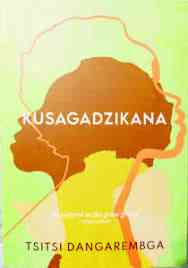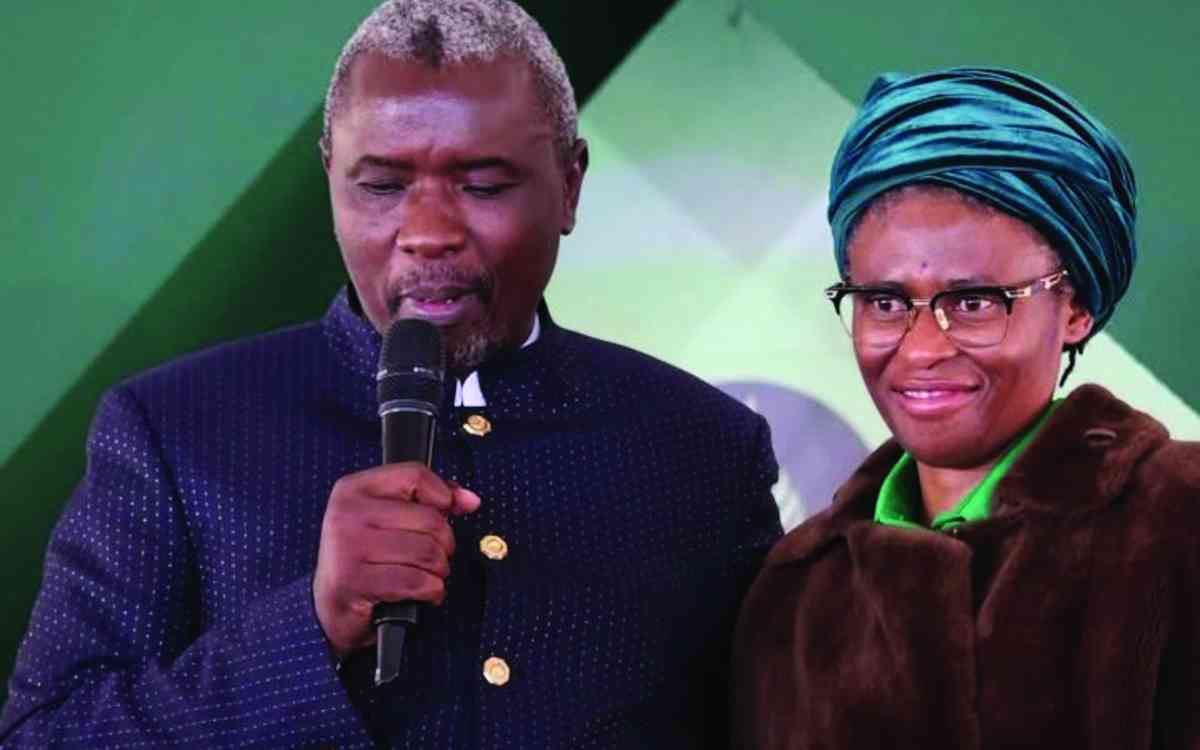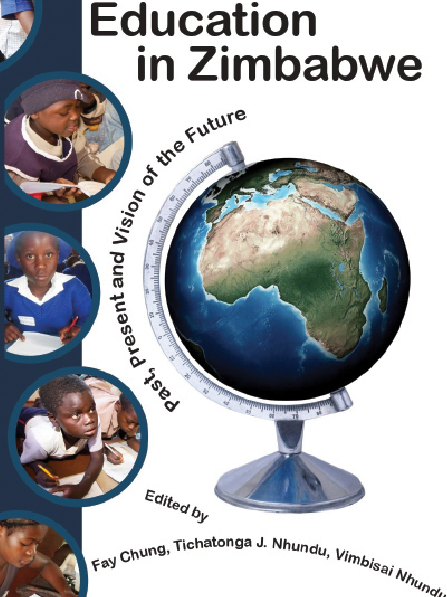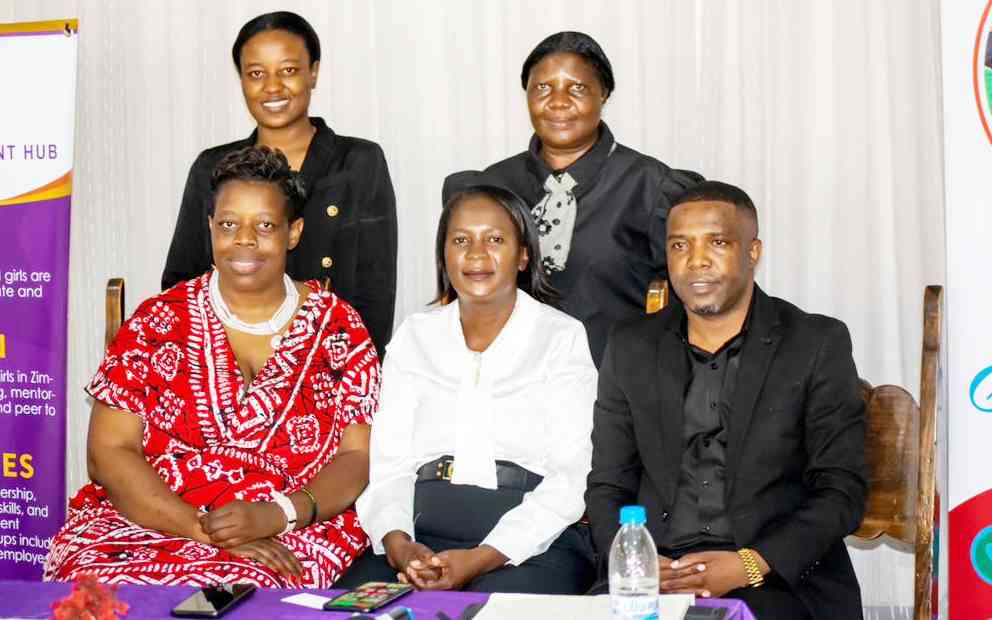
Every year, cultural heritage month serves as a vibrant reminder of the traditions, stories and customs that define a nation and its people.
Among the most vital aspects of this heritage are Zimbabwe’s languages—Shona, Ndebele, Tonga, Venda, Chewa and many others which were ushered and are now formally recognised by our current constitution which was ushered in following the 2013 plebiscite.
These languages are more than just words, they carry the soul of the people, their history and world view.
It is important to note that for decades, in both pre- and post-colonial Zimbabwean literature was dominated by English, the legacy of colonialism. Although Shona and Ndebele were acknowledged as the primary indigenous languages which divided the nation along two Indigenous languages, the adoption of 16 official languages by the constitution of Zimbabwe has included the previously suppressed minority voices. The rise of indigenous language publishing is allowing stories to be told in the voice of people who live them.
Although the likes of Charles Mungoshi, Ignatius Mabasa and Aaron Chiundura Moyo largely played their roles in preserving indigenous languages through their literary works and are regarded as the modern literary adapters, the rise of new digital media platforms and globalisation,recent milestones in regaining lost grounds are worth noting.
Firstly,the 2024 translation of Nervous Conditions into a Shona literary piece titled Kusagadzikana is a big win for Zimbabwe and its cultural heritage and quest for decolonisation of the mind. Interestingly, the book had already been translated into European languages. The new Shona translation, which was released by House of Books,a new independent publishing player in the market, was translated by acclaimed novelist Ignatius Mabasa who in 2021 also made headlines by writing his first PhD thesis in Shona.
Commenting on the book Kusagadzikana, Mabasa stated Nervous Conditions is our story as Indigenous people. The story had to be decolonised by making it come back to people who are victims of colonial injustices in a language that would enable them to tell when the rain started to beat them in order for them to start drying themselves”.
Mabasa added: “The novel is an important documentation of our history and its translation makes it accessible and able to be discussed under a tree by ordinary folks and not just by academics in air-conditioned conference venues. It is a form of liberation struggle—the liberation of many things that remain colonised including our minds.”
- Mavhunga puts DeMbare into Chibuku quarterfinals
- Bulls to charge into Zimbabwe gold stocks
- Ndiraya concerned as goals dry up
- Letters: How solar power is transforming African farms
Keep Reading
Another milestone was the translation of George Orwell’s Animal Farm to Chimurenga Chemhuka by Petina Gappah and a group of friends with the assistance of fellow author Tinashe Muchuri. Though Chimurenga Chemhuka is mainly in standard Shona, its characters speak a medley of different Shona dialects such as chiKaranga, chiZezuru, chiManyika — plus a well-crafted mixture of contemporary slang. It is a glaring translation in one text.
Fast growing independent publishing house, Carnelian Heart Publishing which is run by UK based lawyer and author Rumbidzai Vazhure has also taken the centre stage in reshaping the Zimbabwean narrative through including indigenous pieces in its publications.
The are several reasons why we should celebrate Cultural Heritage month and Indigenous languages,
They are keepers of history and identity
Indigenous languages hold centuries of wisdom, proverbs, folktales and ancestral knowledge. They connect Zimbabweans to their roots, preserving customs, rituals and oral traditions that define who we are.
Strengthening national unity
Zimbabwe is a diverse nation with several ethnic groups and as previously alluded, 16 languages which are recognized by the constitution. Indigenous languages foster mutual respect and understanding of different communities. The Harare International Arts Festival, Intwasa Arts Festival, which celebrates the culture of the Ndebele people have been some signature events which over the years have strengthened national unity while empowering creatives with economic opportunities.
Empowering creative and economic opportunities
Many Zimbabwean artists, musicians, writers and filmmakers use indigenous languages to express their creativity Prayzah is one exceptional artist and musician who has mastered the art of incorporating indigenous Zimbabwean rhythms instruments and melodies into his music. He frequently uses the mbira — a traditional thumb piano and hosho (gourd rattles) blending them with modern Afrobeat, dancehall and gospel influences.
Songs like Tiise Maoko and Dzamutsana showcases this fusion preserving Zimbabwean sounds while appealing to younger generations. It is because of this that Jah Prayzah has established himself as more than a musician but a cultural custodian who bridges tradition and modernity.
Albert Nyathi has also captured the hearts of many through his poems becoming an advocate of social change and transformation. Chengeto Mayowe, a young author and one of Zimbabwe’s cultural heritage ambassadors has also played an important role through her books and publications, which are raising cultural heritage literacy to learners in Zimbabwean schools among others.
Enhance learning and growth
Research shows that children learn best in their mother tongue. Indigenous languages improve comprehension, literacy and critical thinking in early education. Recent research by the British Council, titled Publishing Futures, whose preliminary discussions I virtually attended, highlighted the increased interest in Indigenous publishing in Zimbabwe and this is a good step forward in educating children on the importance of cultural heritage from an early age.
Indigenous storytelling and publishing is not just about the past — it is a living, breathing force that shapes Zimbabwe’s future. By honouring these narratives, we ensure that the next generation inherits not just a country but its soul.
Let us continue to keep our narratives alive.
*Fungayi Antony Sox is a brand consultant, literary champion, communications and publishing specialist from Harare. For feedback email him on [email protected] or contact him on +263 776 030 949.











